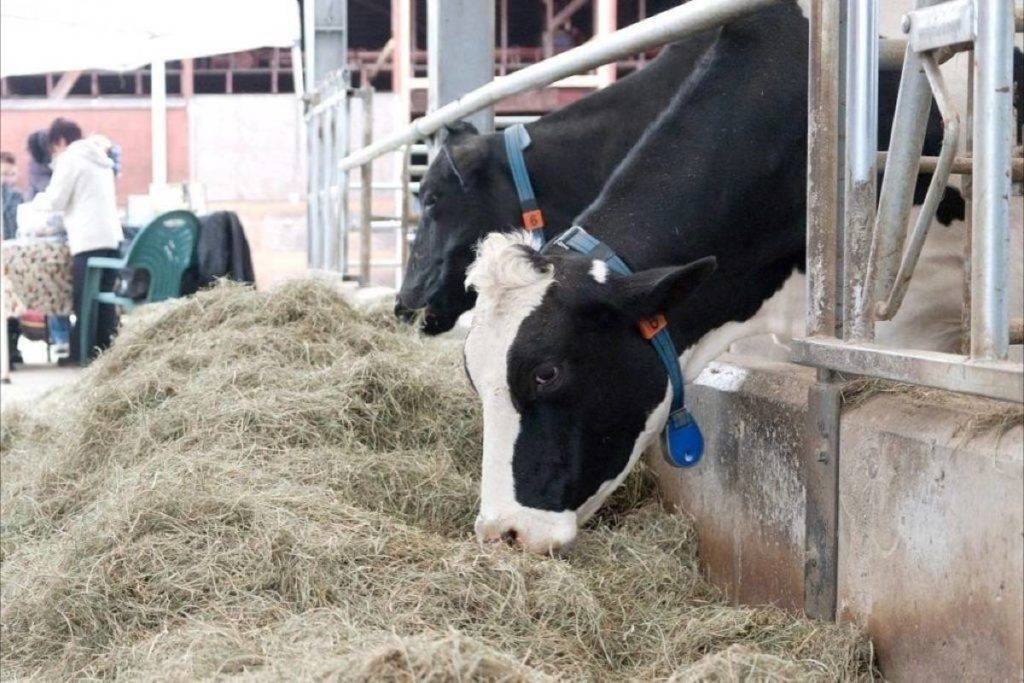
Both the House and Senate are on holiday recess, and the House is scheduled to resume session on Jan. 7, 2020. The Senate released its 2020 calendar for February through December, but the schedule for January 2020 was not included due to the possibility of holding impeachment proceedings for President Donald Trump.
Mexico has already approved the agreement, and Canada is likely to hold a vote in late January.
The trade agreement garnered necessary House approval following negotiations between House Democrats and the Trump administration in early December. (Read: Deal boosts dairy hopes for USMCA.)
Most organizations representing U.S. dairy producers expressed hope the measure – initially signed by negotiators in November 2018 – was a step closer to ratification, urging action by the Senate.
“USMCA will bring tangible benefits to the U.S. dairy industry by upgrading trade rules, opening the Canadian market to U.S. dairy exports and preserving our valuable market access in Mexico,” said Tom Vilsack, president and CEO of U.S. Dairy Export Council (USDEC).
“Today’s vote brings us one step closer to finalizing USMCA and securing a more certain future for America’s farmers and ranchers,” said Jim Mulhern, president and CEO of the National Milk Producers Federation (NMPF). “It is imperative that the Senate act now to finalize USMCA.”
“This marks a critical step in improving market access and building better trade relationships with Canada and Mexico. U.S. dairy farmers can feel some increased security in this crucial agreement,” said Laurie Fischer, CEO of the American Dairy Coalition.
“This trade agreement is important for U.S. trade, most particularly dairy. It is no secret that this trade agreement addressed several trade issues that have been concerning for U.S. dairy farmers, most notably the Class 7 pricing issue and limited market access. [P]assage of the USMCA in the House is a great step forward for all three countries,” said John Rettler, dairy farmer from Neosho, Wisconsin, and president of FarmFirst Dairy Cooperative.
“U.S. dairy is a real winner with this agreement, but our work is not done,” says Jeff Lyon, FarmFirst Dairy Cooperative general manager. “We will work with our Senate leaders to ensure that this legislation continues to be a top priority going into 2020. We are optimistic that it will be swiftly passed when the time comes in the new year and that we can begin implementing it with our trading partners to the north and the south.”
“USMCA will secure two of our country’s top dairy export markets, while also ensuring strong export opportunities for other agricultural commodities,” said Brody Stapel, president of Edge and a dairy farmer in Wisconsin. “We now call on the Senate to act with urgency to pass this legislation.”
The Organization for Competitive Markets (OCM) was one group expressing disappointment in the agreement, charging any dairy export gains made in Canada would be realized by international dairy processors, not independent farmers. Additionally, OCM said, USMCA will disrupt Canada’s dairy management policy and drive Canadian dairy farmers out of business.

























